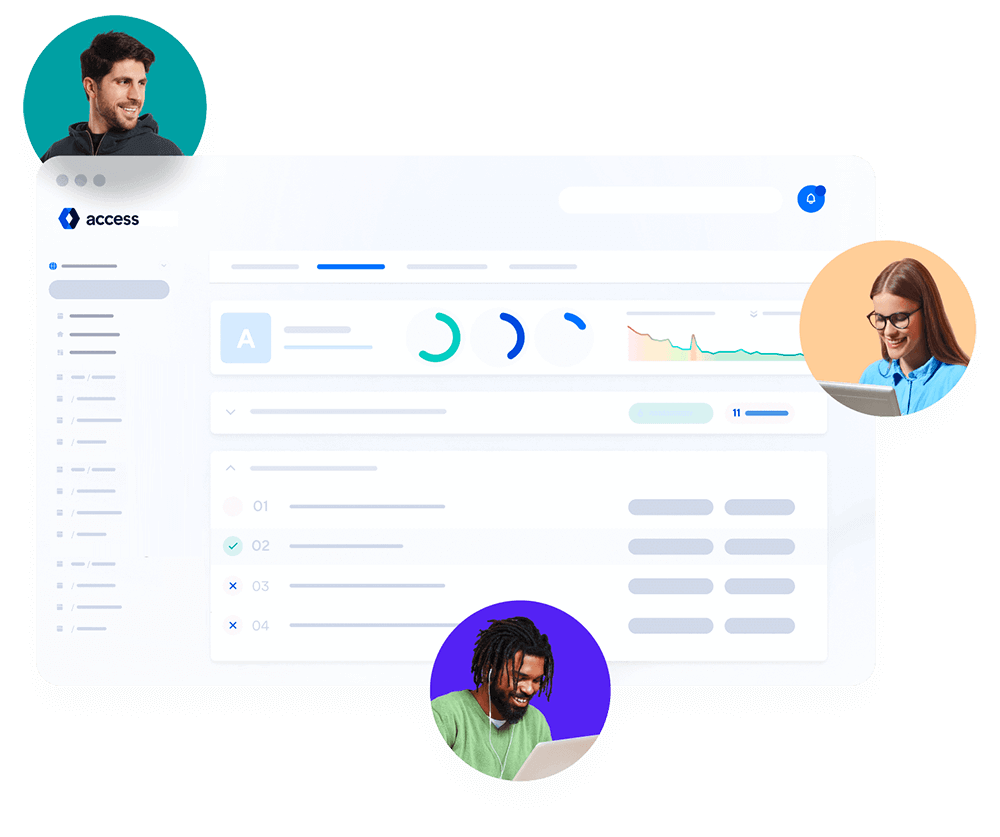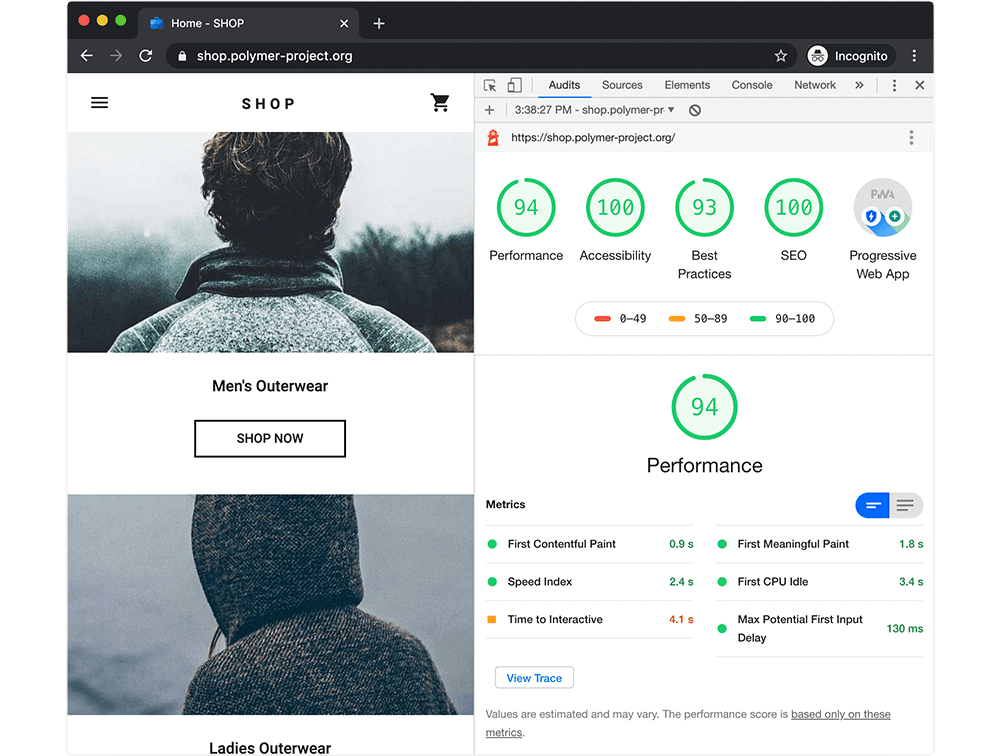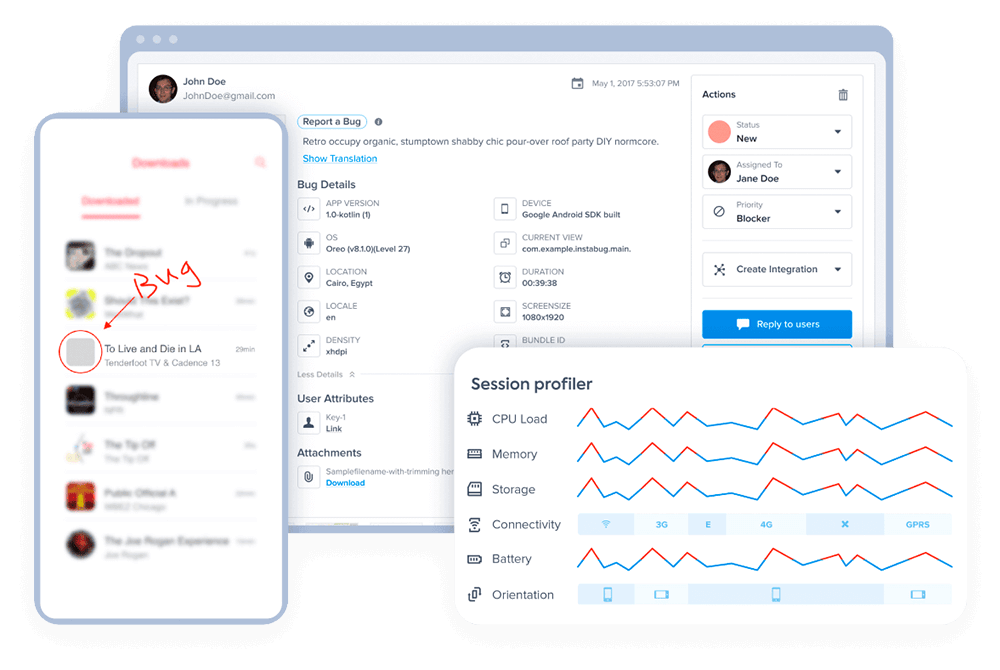The Americans With Disabilities Act (ADA), enacted in 1990, requires employers to make reasonable accommodations for disabled employees. The law applies to businesses that employ 15 or more people, including government agencies and nonprofit groups, and it covers both public and private entities. While the ADA does not require companies to make special arrangements for individuals with mental health issues, it does require them to take steps to ensure that those conditions don't negatively impact others. For example, if someone needs to use a bathroom during work hours, the employer must grant permission or provide a separate facility where such requests are honored. Employers must also allow workers to request flexible schedules, and they must give notice about schedule changes.



